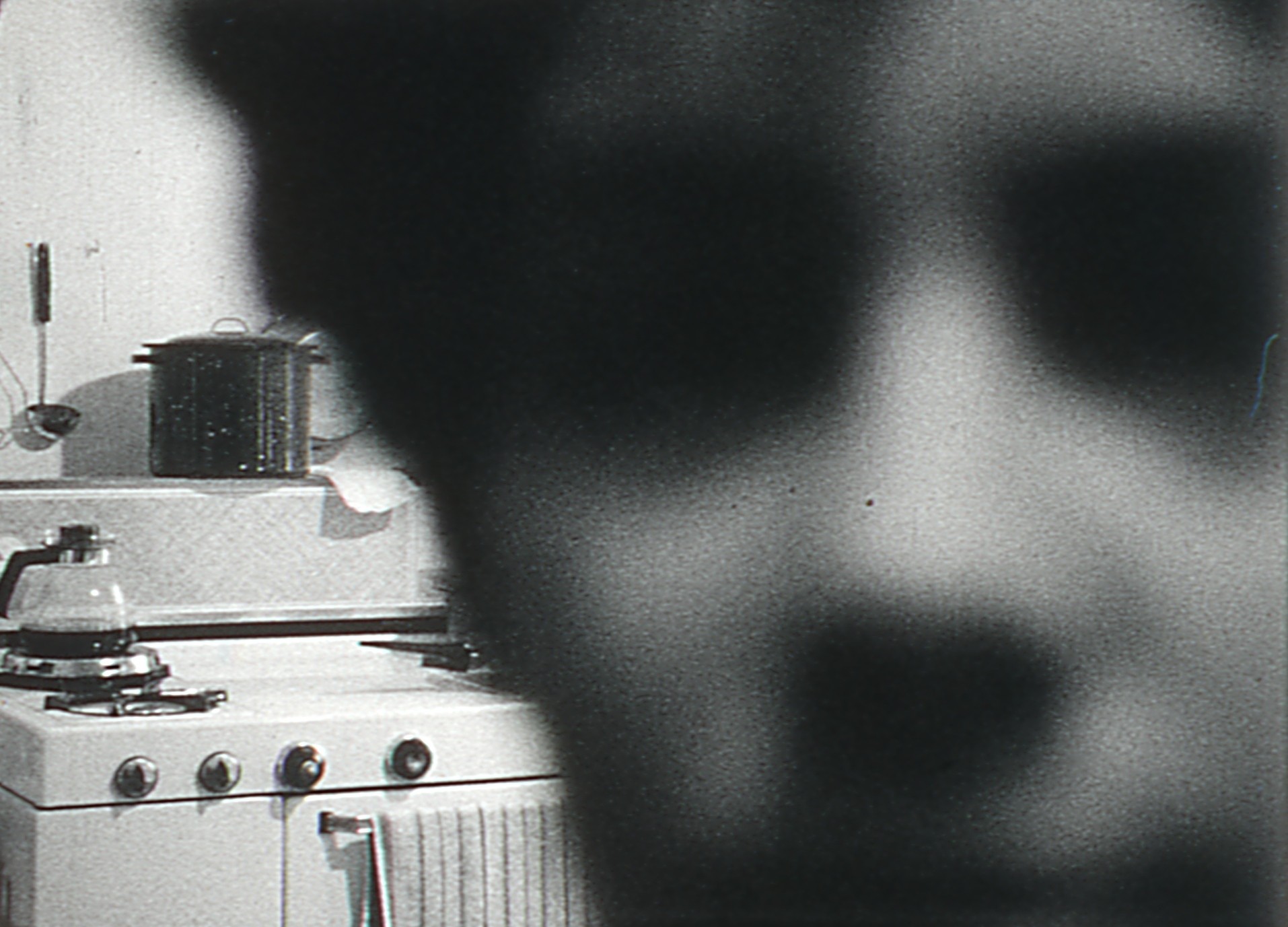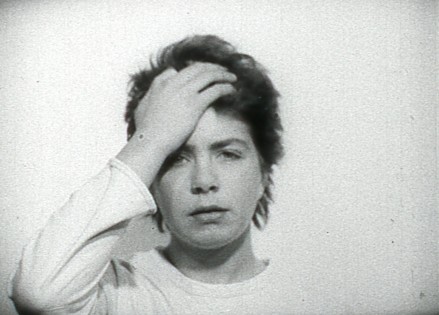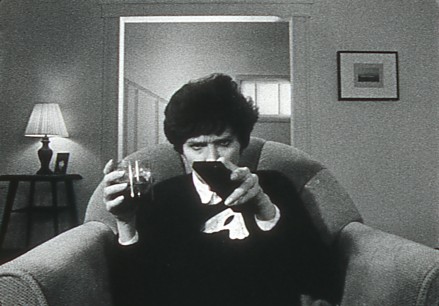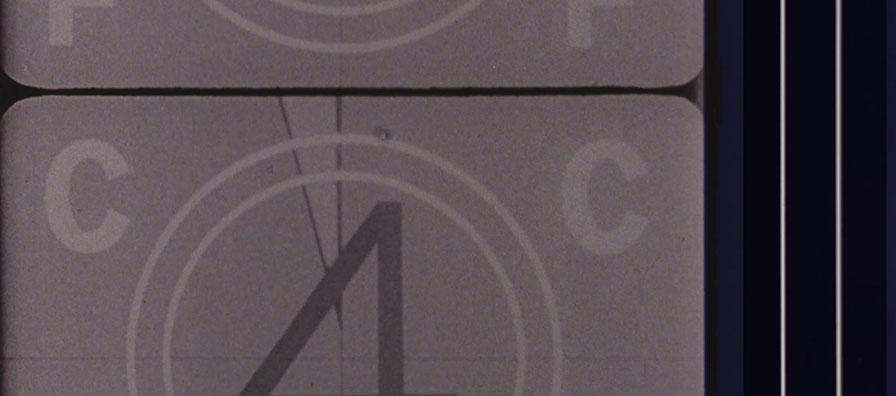
Films
- Read More
 Experimental
ExperimentalPeace O' Mind
Mary Filippo16mm, black and white, sound, 8.5 minRental format: 16mm - Read More

Who Do You Think You Are
Mary Filippo16mm, black and white, sound, 10 minRental format: 16mm - Read More
 Experimental
ExperimentalFeel the Fear
Mary Filippo16mm, color, sound, 24 minRental format: 16mm - Read More
 Experimental
Experimental3 X Mary Filippo
Mary FilippoDVD, black and white, sound, 41.22 minRental format: DVD NTSC
Biography
Mary Filippo’s work focuses primarily on the self and its relation to inequality. In Peace O’ Mind (1983), the characters try to stay safe at home, but become isolated and entrapped there. Images of a domestic space are connected with images of poverty “in the backyard” of this space to suggest the knowing of and hiding from this deprivation has entrapped the characters, physically and mentally, in their private, isolated, and disturbed spaces. In Who Do You Think You Are (1986) the main character, a filmmaker, investigates her own cigarette smoking habit while wishing she could make a film about injustice. She wishes, in other words, to do something heroic. She has been seduced by the image of the cigarette-smoking hero, but an image is only an image. With Feel the Fear (1990, 24 minutes) Filippo links images and ideas about television viewing, self-help therapy, alcohol use, acting, mimicry and social responsibility with metaphoric and formal similarities to imitate connections of cause and effect; but the suggestion of causal logic doesn’t hold up and becomes increasingly skewed. The film’s structure is a metaphor for the contradictions of the culture in which it was made.
